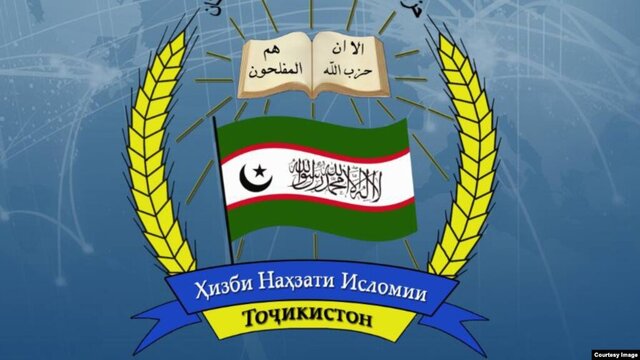Yesterday’s news that Russia has decided to add the Party of Islamic Renaissance of Tajikistan (PIVT) to its list of terrorist organizations is not really surprising. In fact, back in 2017, the PIVT was included in the list of terrorist organizations by the Collective Security Treaty Organization (CSTO), which is dominated by Russia, and we commented on it at the time (https://golosislama.com/news.php?id=32703). The news here can be seen as something else, namely another humiliating appeal by PIVT to the Kremlin, for which there can be no apologies or justifications. “Russia, as the guarantor of the peace process, is making a mistake by recognizing the PIVT as the terrorist side of the peace agreement. This will lead to radicalization of moderate forces, growth of anti-Russian sentiment, and undermine confidence in dialogue and peaceful mechanisms for solving problems in Tajikistan,” PIVT leader Muhiddin Kabiri wrote in this regard.
What peaceful process in 2022? What dialog? What peace agreement and its parties? How will this “lead to radicalization and growth” and what else do you need to do for it to happen and for everything to grow? These are the rhetorical questions that need to be asked instead of the more emotional ones that come to mind in connection with Kabiri’s appeal.
What calls for peace can be made in relation to a state whose regime has definitively and irrevocably relied on brute, military-repressive force as the only means of solving any political problems? Russia only enters into peace agreements when its teeth are broken on a tough nut and it encounters resistance that prevents it from solving the problem by military means. But even then, it is a big question whether it is worth it to enter into peace talks and agreements with it, considering that it always, always uses them to heal wounds, regroup, and then attack with renewed force.
This was the case not only in Chechnya, but PIVT itself saw it in Tajikistan, where the Russian vassal Rahmon used the national reconciliation with the opposition to strengthen his power and suppress it. With the full understanding and support of Russia, which demonstrates it by all its actions, including the inclusion of the PIVT in its lists of terrorist organizations.
That is why Ukraine does not see any sense in negotiations with Russia at the moment and is counting on its military defeat, after which we will be able to talk not only about peace, but also about capitulation. The difference is that not everyone, like Ukraine, has the luxury of the support of the entire developed world, which makes it possible to conduct a war until the defeat of such a military machine. The Chechens in 1996 and the Syrian rebels in 2016 did not have it, as they were forced to go for reconciliation. And who knows, will Ukraine be forced to do the same (hopefully not).
But whatever the case may be, when going for any forced reconciliation with the Russian Empire, it must be understood that it is a respite for both sides, after which the war will continue and the one who uses this respite better will win. In 1997, the Tajik opposition, including the PIVT, did not understand this, relaxed and relied on Russia as a guarantor. We know the result.
Today it is already 2022, and even representatives of small nations such as Erzya, Buryat or Cossack, who with their own hands helped to build the Russian Empire until it decided to get rid of them (https://golosislama.com/news.php?id=40886), now raise the question of putting an end to the Russian Empire. In such a situation, do the representatives of the united national forces of an internationally recognized state continue to bow down to this out-of-touch and terrorist Kremlin, which calls someone a terrorist?
The Tajik opposition should openly join the anti-imperial, i.e. anti-Kremlin front, as representatives of the Chechen Republic of Ichkeria or the Belarusian opposition are doing today.
It is time to raise not only the issue of struggle against the Rahmon regime, but also the issue of occupation of Tajikistan by Putin’s Russia and to seek support from allies to liquidate it. Because, frankly speaking, it doesn’t matter much who rules in Tajikistan in the world, but the occupation of Tajikistan by Russia and the struggle against it can be of great interest to many allies.
Enough humiliation, Kabiri – it’s time to start the fight in earnest.

